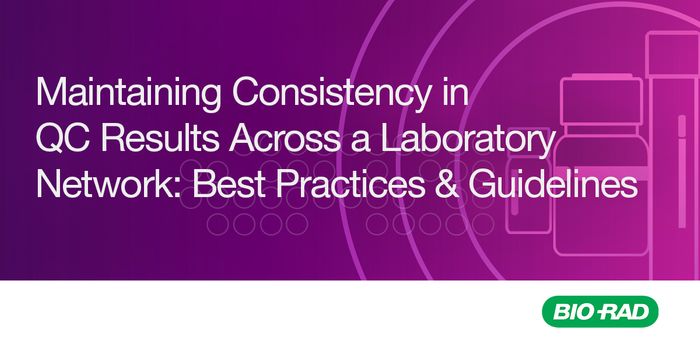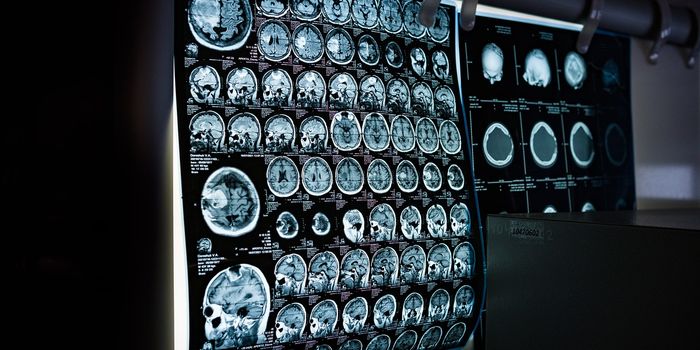When air pollution levels soar, so do calls to emergency hotlines specifically for heart attacks, says a German study presented at the European Society of Anaesthesiology and Intensive Care (ESAIC) this year.
Our environment is known to have a strong influence on our health. Exposure to air pollution, for example, spikes oxidative stress and inflammation in the body, which can drive many chronic disease pathways. In terms of heart health, fine particles in polluted air can negatively impact blood vessel function and accelerate blockages in the arteries. Exposure to certain noxious chemicals in the atmosphere has also been found to lower levels of high-density lipoprotein (commonly known as good cholesterol), thereby elevating the risk of developing cardiovascular disease.
In the study (the first of its kind in Europe), researchers from the Technical University of Munich tracked the number of ambulance call-outs for heart attacks and unstable angina. They mapped these numbers to weather conditions and air pollution levels.
Over a three-year period, about one-third of all emergency medical service call-outs were for cardiac events. The team found that call-outs were more likely to be for acute coronary syndromes when levels of carbon monoxide, nitrogen monoxide, and nitrogen dioxide in the air peaked.
Interestingly, when the weather was warmer, there were fewer call-outs. The study's authors did not find any links to other weather conditions, such as the number of sunshine hours or wind speed.
"These findings show that weather and air pollution influence people's health, medical resources, and healthcare costs," say the authors, who add that these can help healthcare facilities make preparations for when environmental conditions may drive increases in demand for emergency healthcare.
They also call for more research into strategies for improving air quality to protect human health and well-being.









